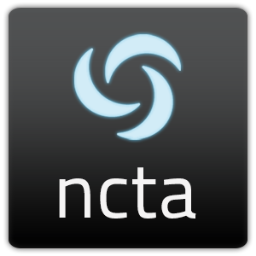NCTA: Google Already Has Access To Poles
The smarter way to stay on top of the multichannel video marketplace. Sign up below.
You are now subscribed
Your newsletter sign-up was successful

Cable operators have told the FCC that Google Fiber does not need Title II reclassification of Internet Access Service to get nondiscriminatory access to poles and other conduits.
Section 224 of Title II already gives telecoms and traditional cable system operators nondiscriminatory pole attachment rights, but nontraditional operators like Google Fiber, which does not offer its standalone broadband access service on a common carrier basis, do not, says the company.
The FCC is considering reclassifying Internet access under Title II common carrier regs, but not applying (forbearing) all but a handful of those. Google does not want it to forbear from section 224.
The National Cable & Telecommunications Association agrees with Google that the FCC should not take any action that would interfere with existing pole attachment rights under Sec. 224, but argues that Google's desire to be afforded those rights is not a defense of Title II since it argues Google already has access to those rights if it chooses to exercise them.
As NCTA has argued before, and as the FCC itself pointed out in its Notice of Proposed Rulemaking on defining some over-the-top video services providers as MVPD's, facilities-based providers of Internet protocol TV (IPTV) services qualify as cable operators under the Communications Act.
NCTA also says Google could get the rights by unbundling its transmission component of its broadband access service and operate as a telecommunications carrier subject to Title II, but has chosen not to do that, which NCTA says is a "tacit acknowledgment that the significant burdens associated with Title II would far outweigh any benefits that Section 224 could confer. And," it adds, "if Google Fiber is unwilling to accede to burdensome Title II regulation on its own, it would make even less sense to impose Title II on the entire broadband industry merely to assure Google Fiber of its pole attachment rights."
The smarter way to stay on top of the multichannel video marketplace. Sign up below.
Contributing editor John Eggerton has been an editor and/or writer on media regulation, legislation and policy for over four decades, including covering the FCC, FTC, Congress, the major media trade associations, and the federal courts. In addition to Multichannel News and Broadcasting + Cable, his work has appeared in Radio World, TV Technology, TV Fax, This Week in Consumer Electronics, Variety and the Encyclopedia Britannica.

